



Overview
-
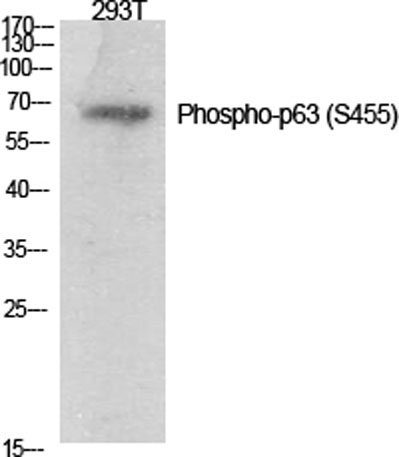 Western Blot analysis of various cells using Phospho-p63 (S455) Polyclonal Antibody diluted at 1:1000
Western Blot analysis of various cells using Phospho-p63 (S455) Polyclonal Antibody diluted at 1:1000 -
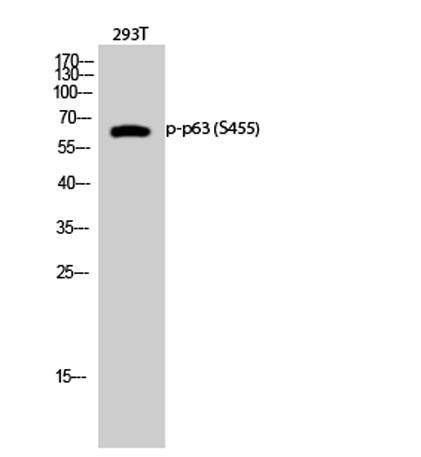 Western Blot analysis of 293T cells using Phospho-p63 (S455) Polyclonal Antibody diluted at 1:1000
Western Blot analysis of 293T cells using Phospho-p63 (S455) Polyclonal Antibody diluted at 1:1000 -
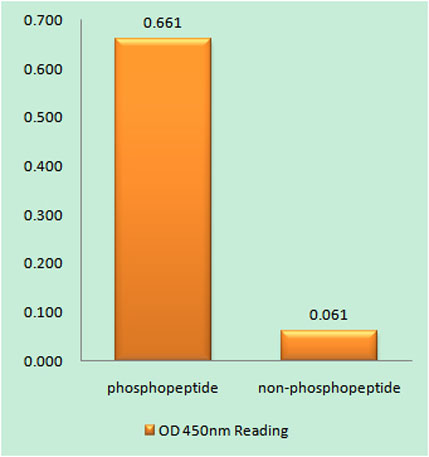 Enzyme-Linked Immunosorbent Assay (Phospho-ELISA) for Immunogen Phosphopeptide (Phospho-left) and Non-Phosphopeptide (Phospho-right), using p63 (Phospho-Ser455) Antibody
Enzyme-Linked Immunosorbent Assay (Phospho-ELISA) for Immunogen Phosphopeptide (Phospho-left) and Non-Phosphopeptide (Phospho-right), using p63 (Phospho-Ser455) Antibody -
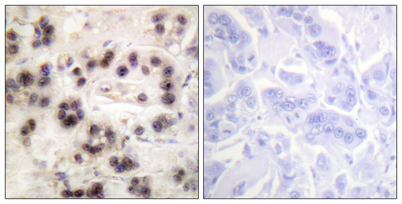 Immunohistochemistry analysis of paraffin-embedded human breast carcinoma, using p63 (Phospho-Ser455) Antibody. The picture on the right is blocked with the phospho peptide.
Immunohistochemistry analysis of paraffin-embedded human breast carcinoma, using p63 (Phospho-Ser455) Antibody. The picture on the right is blocked with the phospho peptide.
关闭
在线咨询
Online consultation
-
在线咨询
-
技术支持

关注微信公众号

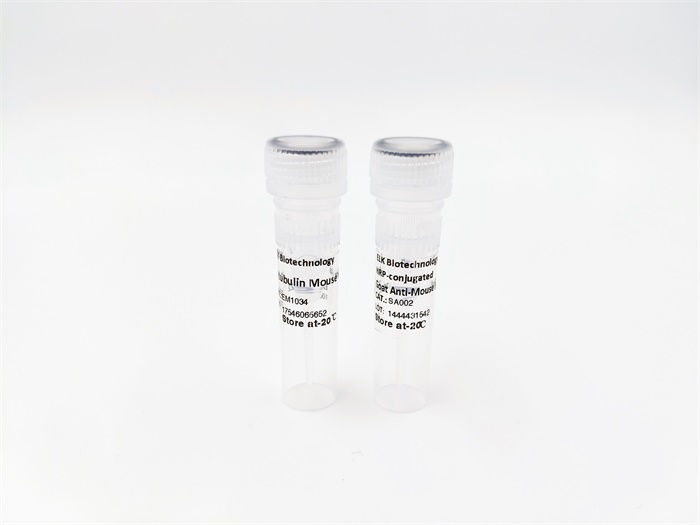

 下载说明 ①
下载说明 ①


